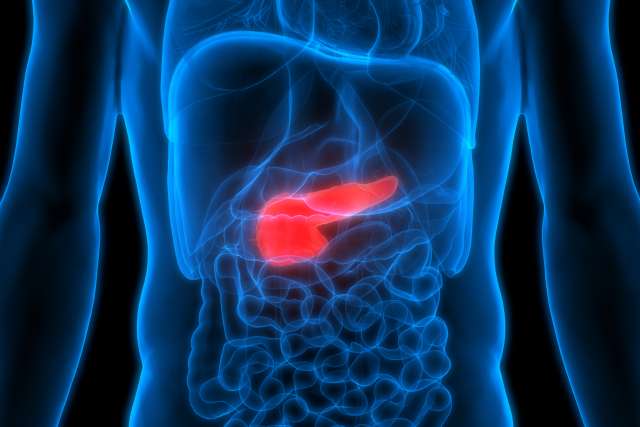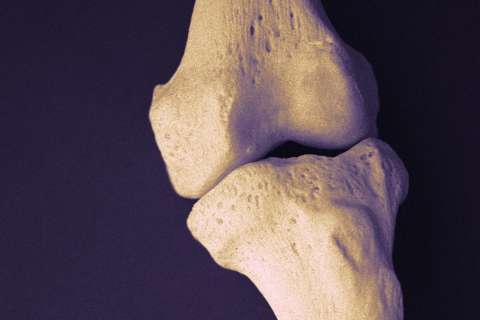Dear Doctors: A dear friend was diagnosed with pancreatic cancer. It was so advanced, he died just a month later. I recently saw a discussion on television about using AI to detect pancreatic cancer early, while it is still curable. How would that work?
Dear Reader: With a five-year survival rate of only 9%, pancreatic cancer is among the deadliest of the major cancers. It accounts for just 3% of all cancers diagnosed in the United States, which makes it fairly rare. And yet it is the third-leading cause of cancer-related deaths, behind lung and colorectal cancer.
One of the main factors driving such a high mortality rate is the difficulty of catching this cancer at an early stage. This is due, in large part, to the location of the organ. The pancreas itself is small, just 6 inches long. It is situated deep inside the abdomen, tucked among the liver, spleen, small intestine and stomach. This makes it impossible to see without the benefit of imaging tests. Adding to the challenge is that early-stage pancreatic cancer causes few, if any, symptoms. When symptoms do begin to appear, the cancer is usually quite advanced. At that point, it has often begun to spread to other areas of the body.
In the past year, several medical institutions have reported success in developing AI technology to improve pancreatic cancer outcomes. For those who are not familiar, AI stands for artificial intelligence. It is a form of targeted problem-solving that harnesses the power of computers and computer science to analyze vast amounts of data.
Last fall, the Mayo Clinic announced the development of AI technology to analyze CT scans of patients suspected to have pancreatic cancer. Researchers “trained” their AI model using a data set of 3,000 CT scans of patients with pancreatic tumors. The resulting technology was then tested using CT scans of both healthy and diseased pancreases. The AI model, with an accuracy rate of 87%, detected tumors between three months and three years sooner than the real-world diagnosis had found them.
Researchers from MIT and a Harvard-affiliated hospital approached the problem from a different angle. Their goal was to identify people at high risk of developing pancreatic cancer. That's important because under current guidelines, only people with first-degree relatives with the disease or a known gene mutation that causes it are routinely screened. Health data show that's just 10% of the population that goes on to develop this type of cancer.
Turning to AI, the Boston researchers created a neural network trained to identify patients at high risk of developing pancreatic cancer. They did this using anonymous electronic health records from 55 healthcare organizations in the U.S. The neural network was able to identify patients at risk of developing pancreatic cancer up to 18 months sooner than their real-world diagnosis of the disease.
It will take time for these AI-based approaches to go into widespread use. However, these results signal a possible turning point in early pancreatic cancer diagnosis.
(Send your questions to [email protected], or write: Ask the Doctors, c/o UCLA Health Sciences Media Relations, 10960 Wilshire Blvd., Suite 1955, Los Angeles, CA, 90024. Owing to the volume of mail, personal replies cannot be provided.)





